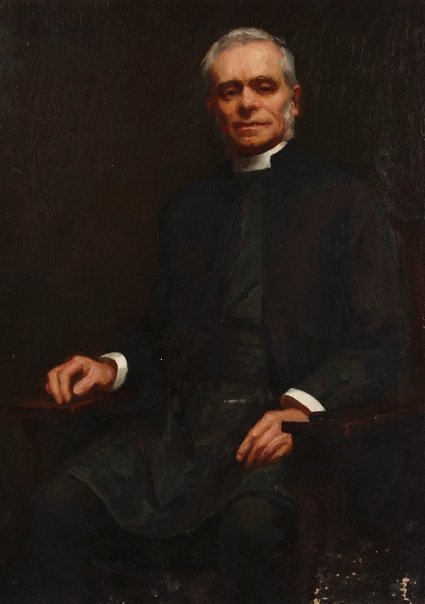Demolish St Matthias church, build massive Oxford Street car park, says property tycoon (21 July 2014).
Responding to the decline of occupied shops along Sydney's Oxford Street strip, Max Raine of Raine & Horne suggested that an 'underutilised' church in Paddington should be demolished in an effort to revive the historic shopping precinct. According to the SMH article:
St Matthias Anglican Church was “hardly attended” yet occupies a “glorious spot” near the corner of Oxford Street and Moore Park Road, which [Raine] claimed was ripe for conversion into a parking station.
Raine's suggestion came somewhat of a surprise not only to the congregations of St Matthias, but also many Christians in Sydney and further afield - St Matthias being a vibrant inner-city parish.
However, Raine's suggestion fits neatly into a narrative that Australian's are increasingly telling each other: Christianity is on the decline, and church attendance numbers are insignificant. (Despite this narrative, Australians are more likely to attend a church service during the year than a sporting event or the cinema).
I encountered the full force of this narrative in 2013 during a D.A. process with my previous church. We wanted to build a ministry centre adjacent to the Victorian church building to provide much needed space for milling around, disabled access, and toilets accessible during church services. The D.A. proposal sparked opposition from a segment of the community who set themselves up as the Save the Church lobby group. During two council hearings about the DA, the opposition group repeatedly ran the line that the Ministry Centre was unneccesary because less than 20 people attended the church on Sundays (at the time the reality was closer to 200 - there were at least 50 church members in the council chambers audience at the time).
Instead, the D.A. was obviously the work of corporate greed, and these fairminded citizens where the last line of defence for the the sandstone building and four acres of land their suburbs founders had left 'for the people of this suburb'. Never mind the fact that the four acres of land had been purchased by the church for divine worship. Never mind the fact that it was the church community driving the D.A. so that the church could be more hospitable.
Their incongruity at the church's need was fueled by the narrative that Christianity is on the decline, etc. The fact that the church was sizeable, and full of people in their 20s (and not just grannies) didn't fit in their plausability structure, and therefore couldn't be true.
They knew best what the church needed.

